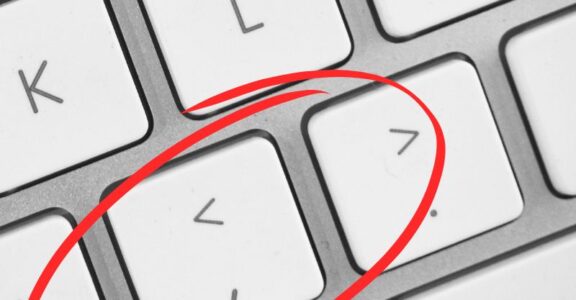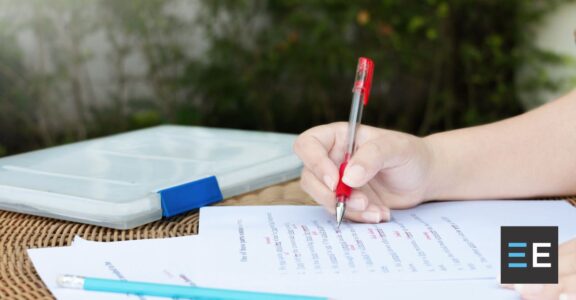As we mentioned in our article on finding credible sources online, evaluating whether or not a source is credible, and therefore usable, in your research paper, thesis, dissertation or other academic work is key to your paper’s success. There are several factors to consider:
Expert Author: The author should be an authority on the subject matter. The article will typically list the author’s academic degree and affiliate institution.
Author Objectivity: It should be clear that the author’s purpose is to inform, educate and explain. The author’s arguments should be support by properly cited facts from multiple sources.
Peer Reviews: The article should be reviewed by other experts in the author’s field of study. You can find peer-reviewed articles in scholarly journal databases such as InfoTrac and LexisNexis.
Reputable Scholarly Journal: The article you’re citing should appear in a university press, an academic press, or a peer-reviewed press.

Robust Bibliography: A credible source from a scholarly journal or database should contain a bibliography or references list that demonstrates the depth and breadth of the author’s research.
High-Quality Content: The author’s material should be clearly organized and relevant to the topic at hand. And of course, the article should be well written and free of grammatical and spelling errors.







